SPOTLIGHT ON THE EUROPEAN INCO REGULATION

A new European regulation named “INCO” makes it mandatory for food retailers to provide consumers with clearer information about the food products they sell.
WHAT IS THE INCO REGULATION?
The regulation (N°1169/2011) took effect on December 13, 2014, and impacts all food professionals selling unpackaged foods: bakers, pastry chefs, fish sellers, butchers, restaurant owners, food manufacturers and so on.
The purpose of the legislation is to help consumers make well-informed choices about the food they consume.
Specifically, the regulation requires professionals to indicate the country or region of origin of meats and to declare certain allergens present in their prepared foods.
The 14 allergens it is mandatory to declare:
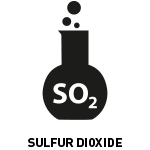


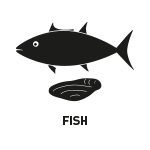


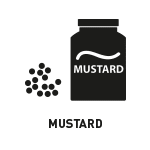
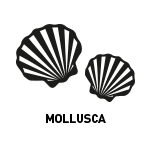
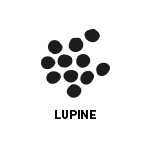
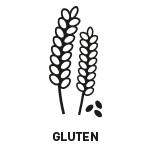
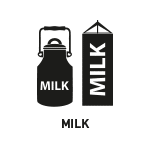
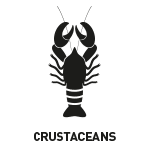


According to the latest scientific research, these fourteen substances are the chief causes of food allergies.
WHY LABEL ALLERGENS?
An increasing number of people are intolerant of or allergic to certain foodstuffs, with
the principle food allergens being gluten, lactose and certain additives.
The increase in food allergies can be explained by several factors, primarily:
- The more varied types of food we eat and
- The increased amount of processing by the agri-food industry.
It is important that you display this information clearly.
In response to the new mandatory regulations, professionals in the food sector must clearly identify any allergens used in the food they sell to consumers. Failure to do so is considered an offence and may be subject to a fine.
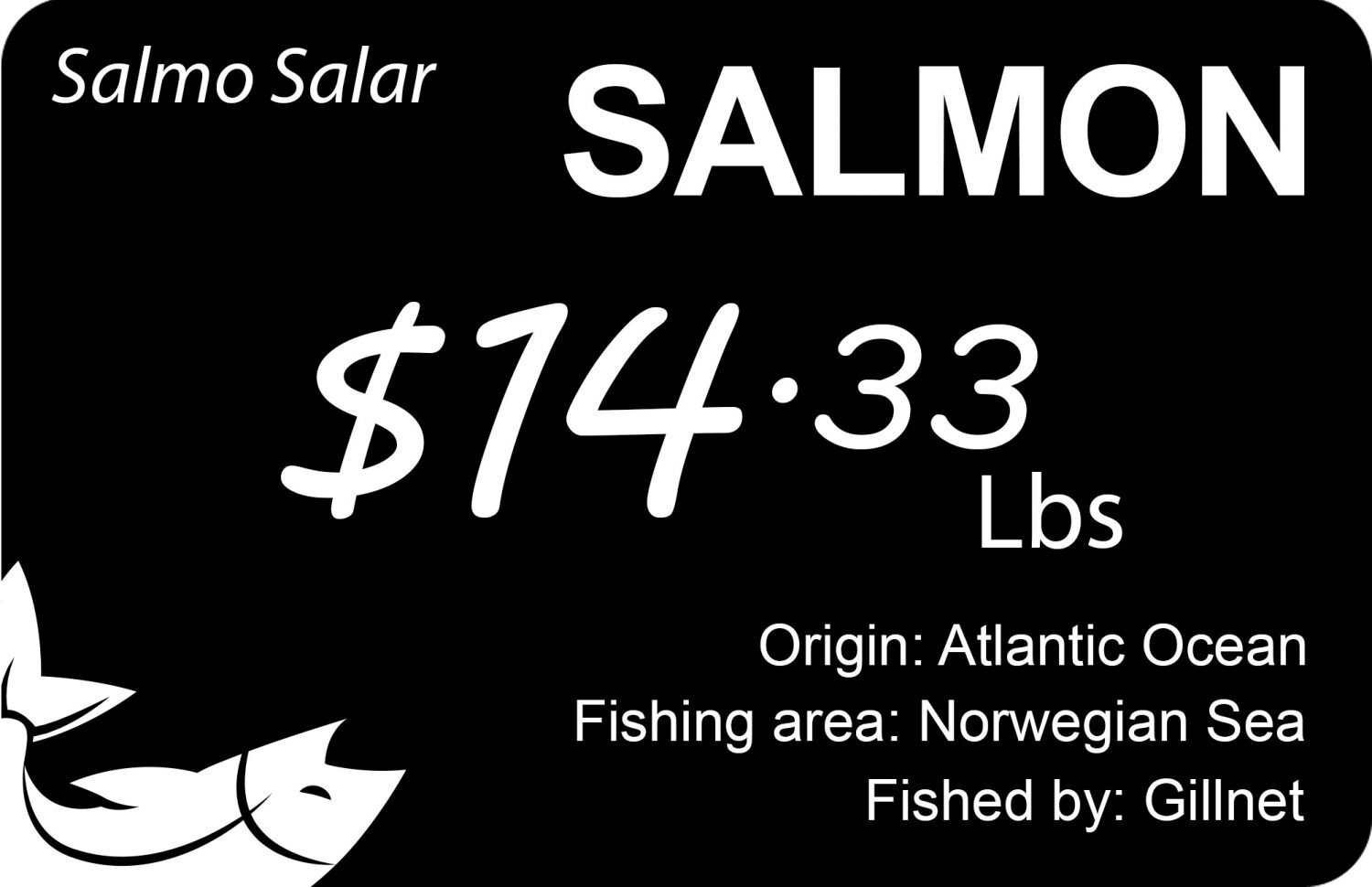
EXAMPLE OF FOOD-COMPLIANT LABELING:
The labeling of fresh, unpackaged food products must include certain information, such as:
- The exact name of the product sold
- The list of ingredients
- The presence of allergens
- The weight
- Country/region of origin (meat and dairy, etc.)
This information must be easy to see and read, and must be indelible.
Important: The minimum height of non-capitalized letters must be 1.2 mm.
While French law stipulates the principle of obligation to inform consumers, it leaves the method used to provide that information up to the food professional concerned.
A new European regulation named “INCO” makes it mandatory for food retailers to provide consumers with clearer information about the food products they sell.
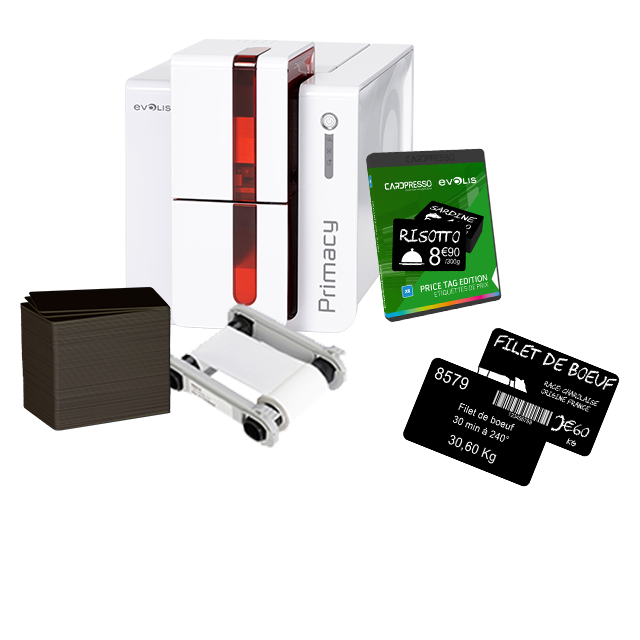
Evolis has the simple answer to your labeling obligations
The Evolis design-and-print price tag solution lets you display all the statutory information required.
Evolis offers an all-inclusive package that makes it easy to entirely customize your price tags. By defining your “text” fields where you include things like allergens, country of origin or specific information, you automatically comply with all the statutory labeling requirements by providing full, clear and easy-to-read product information.
